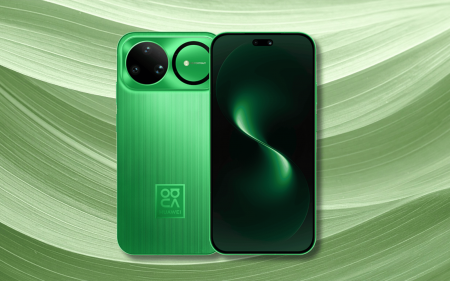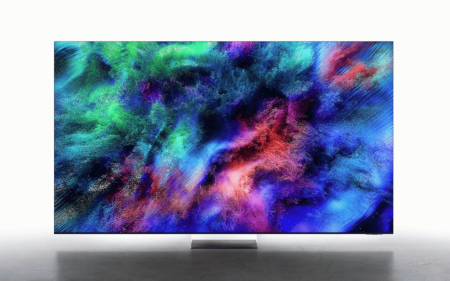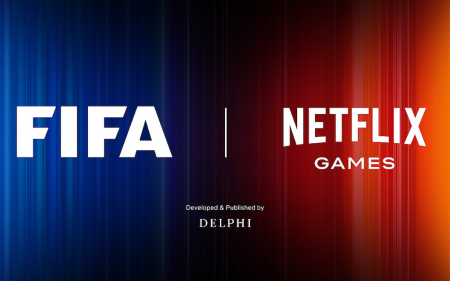Would you pay a monthly fee for your smartphone software? More specifically, would you pay $15 a month so Android doesn’t track you and send all of that data back to Google?
Most of us would probably say no fairly immediately. Why pay R300/m when Android comes “free” on your phone, most might reply.
Except it isn’t “free” by any definition. Consumers are paying with their personal privacy and data. Google, which is the very definition of surveillance capitalism, makes money from tracking you and what you do on the internet.
Google is guilty of “deceiving and manipulating consumers to gain access to their location data, including making it nearly impossible for users to stop their location from being tracked”, according to a lawsuit by four US states, which I wrote about in 2022.
Since at least 2014, “Google has systematically deceived consumers about how their locations are tracked and used, and has misled consumers to believe that they can control what information Google collects about them.
“In reality, there is effectively no way for consumers to prevent Google from collecting, storing, and profiting from their location data,” wrote Washington attorney-general Karl Racine and three other attorneys-general at the time.
In a class action lawsuit filed in 2020, law firm Boies Schiller Flexner alleged that “even when consumers follow Google’s own instructions and turn off ‘web & app activity’ tracking on their ‘privacy controls’, Google nevertheless continues to intercept consumers’ app usage and app browsing communications and personal information”.
That is what Google does with the “free” Android software on your smartphone.
How much is your privacy worth?
So, in light of knowing Google tracks users even after they have told them not to, how much are you willing to pay for your privacy?
A new Swiss-based privacy company thinks $15 is a fair fee for that peace of mind.
“A person’s data is the original digital currency,” argues Apostrophy, which has created its own operating system, called Apostrophy OS.
It’s based on Android – don’t panic – but the version that has already been stripped of Google’s intrusiveness by another privacy project called GrapheneOS, which used to be known as CopperheadOS. Launched in 2014, it which was briefly known as the Android Hardening project, before being rebranded as GrapheneOS in 2019.
Apostrophy OS is “focused on empowering our users, not leveraging them,” it says and is “purposely Swiss-based, so we can be champions of data sovereignty”.
What it does, they say, is separate the apps from the underlying architecture of the operating system and therefore prevent apps from accessing miscellaneous personal data, especially the all-important location data so beloved of surveillance capitalism.
Can you get apps for it?
So far so good, but what about apps?
Apostrophy OS has its own app store, but also cleverly allows users to access the Google Play Store. If you think that is defeating the point, Apostrophy argues that those apps can’t get to the vitals of your digital life. Apostrophy OS has “partitioned segments prioritising application integrity and personal data privacy”.
It’s not silly thinking, because, after all, apps are what we use on our smartphones. Without the popular apps like WhatsApp or social media, there’s not much you can do and certainly not many people you can communicate with.
What about a phone?
Apostrophy OS launched a phone made by Swiss manufacturer Punkt, called the MC02, which was launched at CES this month for $750 (roughly R14,000).
What is it with geeks and hard-to-pronounce product names?
It’s a great new initiative and sound reasoning. It may seem like a lot of money – okay, it is – but it is a solid move in the right direction. The pricing puts it out of the reach of most smartphone users – especially in Africa – but it’s worth remembering how the fashion industry works. High-end haute couture from runway shows ultimately ends up shaping trends in high-street fashion. It takes a few months for the trickle-down (thanks China) to reach consumer stores, but it ultimately does.
The more companies like Apostrophy that build privacy-focused software there are, the more likely it is for us consumers to get better privacy. It may take a little longer than this year’s oversized shoes to reach us though.




